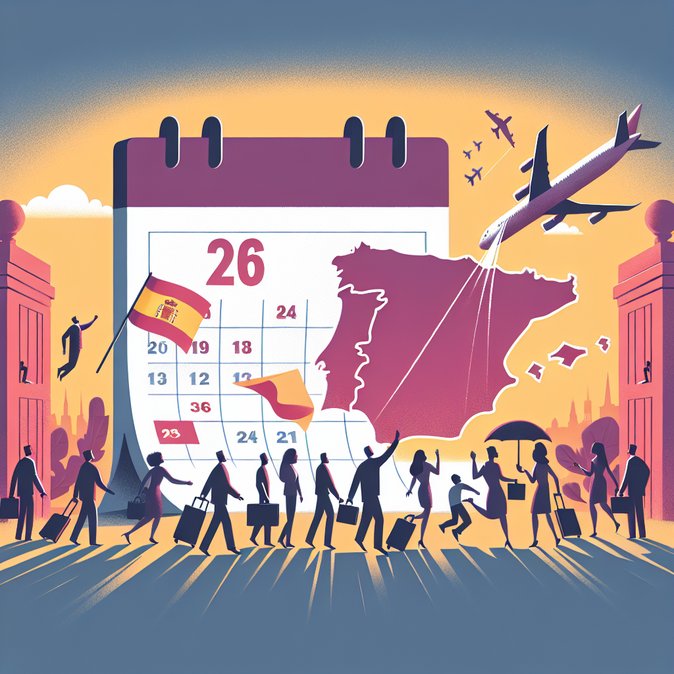
Spain’s Ministry of Inclusion has issued a last-minute instruction that significantly raises the bar for employees who wish to bring their parents to live with them in Spain. Published late on 19 November and entering into force on 20 November 2025, the circular lifts the minimum-income requirement by roughly 25 %. Sponsors must now prove annual earnings of about €14,400 to reunite one parent and €18,000 for two—figures that are calculated on top of the employee’s own subsistence needs and any other dependants.
The instruction also tightens evidentiary standards. In addition to the usual 12 months of payslips, applicants are expected to provide notarised bank statements showing regular remittances, medical reports if the parent is infirm, and long-term accommodation contracts that demonstrate adequate housing. Immigration lawyers warn that files prepared under the old rules but submitted on or after 20 November risk outright refusal unless they are updated immediately.
![Spain Raises Income Threshold for Parent Family-Reunification Applications]()
The policy shift reflects government concern that Spain’s ageing population and generous family-reunification rules were fuelling a jump in dependent-parent applications—numbers reportedly grew 17 % in the first half of 2025. Officials stress that the route remains open but now targets families with “clear, demonstrable dependency relationships.”
For global-mobility managers the impact is immediate: budgets for executive packages will need recalibration, extra documentation must be gathered, and timelines may stretch as applicants wait for new proof to be translated and legalised. Some multinationals are already offering salary top-ups or private health-care plans so that key talent can meet the higher threshold. HR teams are advised to audit any pipeline cases filed after 19 November and brief employees on the new documentary burden.
The instruction also tightens evidentiary standards. In addition to the usual 12 months of payslips, applicants are expected to provide notarised bank statements showing regular remittances, medical reports if the parent is infirm, and long-term accommodation contracts that demonstrate adequate housing. Immigration lawyers warn that files prepared under the old rules but submitted on or after 20 November risk outright refusal unless they are updated immediately.

The policy shift reflects government concern that Spain’s ageing population and generous family-reunification rules were fuelling a jump in dependent-parent applications—numbers reportedly grew 17 % in the first half of 2025. Officials stress that the route remains open but now targets families with “clear, demonstrable dependency relationships.”
For global-mobility managers the impact is immediate: budgets for executive packages will need recalibration, extra documentation must be gathered, and timelines may stretch as applicants wait for new proof to be translated and legalised. Some multinationals are already offering salary top-ups or private health-care plans so that key talent can meet the higher threshold. HR teams are advised to audit any pipeline cases filed after 19 November and brief employees on the new documentary burden.


